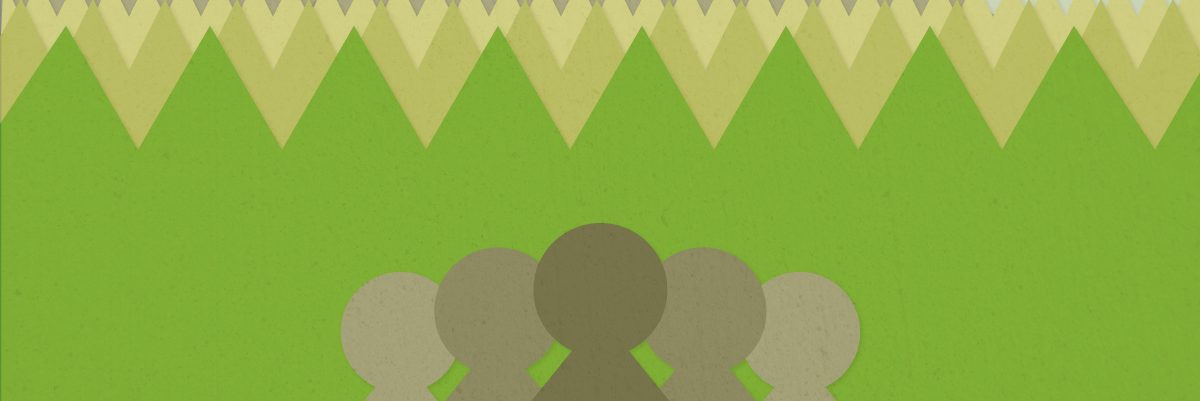Silas returned from Fort William with the others and loaded his supplies into a kitchen cupboard and a refrigerator. The beer and return journey in the landrover had made him drowsy and for a time he dozed on the living room sofa, his body curled between two broken springs. At eight o’clock he stirred then listened to classical pop while cooking Saturday dinner, a well done steak under a fried egg.
For a time he sat alone at the table. The bothy’s timber frame creaked and an owl irritated him with a persistent hoot. He pushed back his chair and began to clear up, rinsing and stacking the single plate in a cheap plastic drying basket. There were several hours to pass and he clumped upstairs to his bedroom.
Fully clothed in case of an unexpected visitor, Silas lay on his cot bed, a single blanket pulled loosely over him. He relished the slow drift of time. In this limbo, thoughts strayed from a baptism in civil disobedience to a greater maturity of purpose in later protests against hegemonies such as the Commission.
He remembered a final attempt at ‘peaceful’ demonstration ending being trapped with thousands of others by a police kettling manoeuvre. It had lasted for many hours, the helmeted officers behind riot shields blocking every exit. Caught in the kettle, protestors formed little outward facing circles around females who were obliged to relieve themselves on the pavement. Ultra middle class, many of the squatting girls were. Faces hidden by darkened visors, policemen had howled obscenely.
Humiliation and intimidation had reduced many protesters to tears. Unity among them disintegrated. Thirsty and frightened, they were subjected to rough handling by policemen whom they would never be able to identify. Sinister black figures representing power and an omnipotent State, they were helmeted aliens, not peacekeepers protecting rights of free speech.
It had been both an unforgettable experience and a salutary lesson. Silas was certain that he had been taught the realpolitik of urban control by an Establishment vastly amused by the event.
All rules of peaceful demonstration played into the hands of the faceless, and he had decided never again to conform. Media coverage of the event had been highly critical of the demonstrators, inferring that they posed a serious threat to public order. Police communiqués to the receptive press corps compounded the deception. Officialdom’s denials of brutality and collusion by the Media had launched a different Silas.
Only later, when public opinion had been carefully gauged, were claims of police heavy-handedness given credence. The Press immediately took up an august default position of impartiality. Heavyweight Media profiles examined a collective social conscience on latenight political chat shows. It was far too late. Silas would never demonstrate peacefully again.
He had always been physically unremarkable, and equally unremarkably had believed easy rhetoric where ‘freedom’ and ‘opportunity’ were word perfect in the same sentence. But no longer, he knew better now.
Three hours after midnight, he arose and shouldered a small rucksack. He unlocked the back door of the bothy and slipped into moonlight, making towards trees that fringed the cantonment. He paused to look behind. No window showed a light. There was a faintest hint of breeze. Myriad stars sparkled. The owl had long since flown off. The night was hushed.
He brushed rough branches aside, and crossed the thin trickle of stream that provided Polloch with water. The hidden bicycle leaned on a rowan and he grasped the handlebar and seat, pushing it between the trees and down a reverse slope. A long bar of moonlight shone across Loch Shiel. He swung a leg over the bicycle frame and soon was pedalling along the deserted lochside road, luminous under a glowing night sky.
Where a stony path made its way into forest, he dismounted and wheeled the bicycle off the tarmac surface. He propped it behind a tall spruce and carefully ascended. Forest blocked out moonlight and he used his pencil torch to guide him until he reached the chosen gulley, choked with fallen saplings and heavy vegetation.
He knelt and unstrapped his backpack. From it he extracted three plastic bottles full of petrol. Having emptied the plastic bottles along the gulley, he retreated a few steps then hurled the rucksack into a tangle of bracken now dripping with iridescence where caught by shafts of moonlight.
For several minutes he surveyed the dark scene then put away his torch and pulled a box of matches from the breast pocket of his shirt. A match arced and suddenly all was gouting with fire. Roaring flame speared the lofty conifers flanking both sides of the gulley. He stood in awe.
Trembling with excitement, Silas descended the path, remounted the old pushbike and pedalled back along the road. He hoisted the bicycle on to his shoulders and climbed the slope, returning it to the same rowan tree.
In moonlight he crossed the open area between the wood and the rear of darkened bothies. His back door creaked as he opened it and slipped into his quarters. He climbed upstairs to lie, fully clothed, on his bed. It took some time before his pulse rate slowed to normal.
A scant kilometre distant, scarlet heat was raging out of the gulley.
